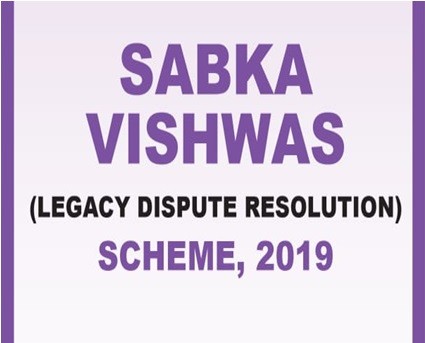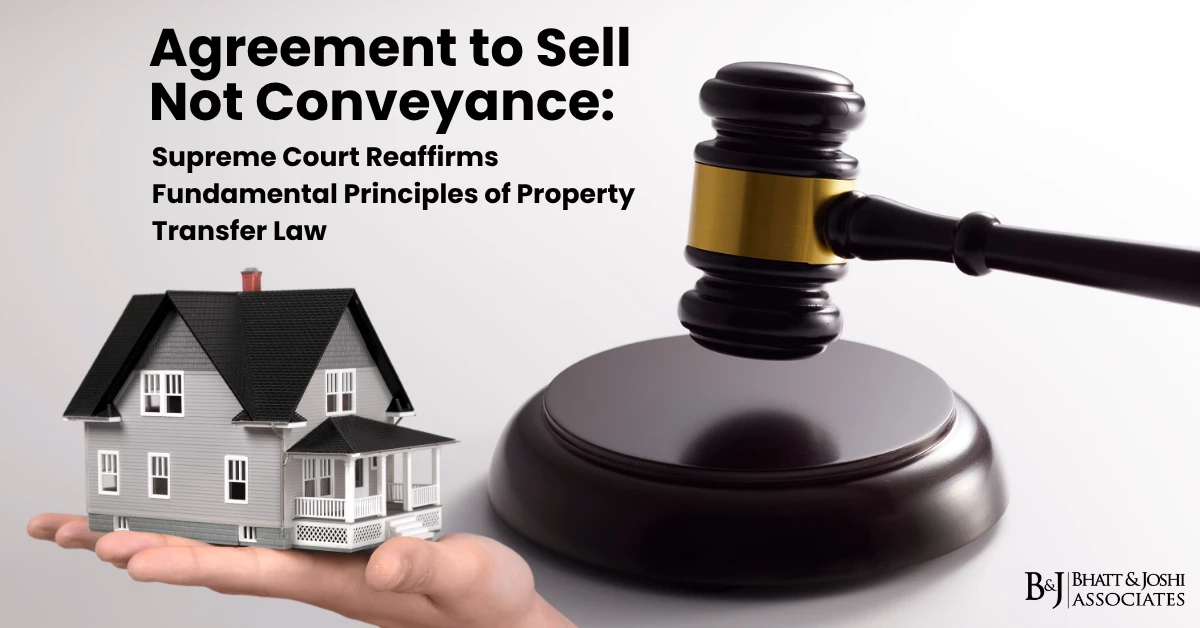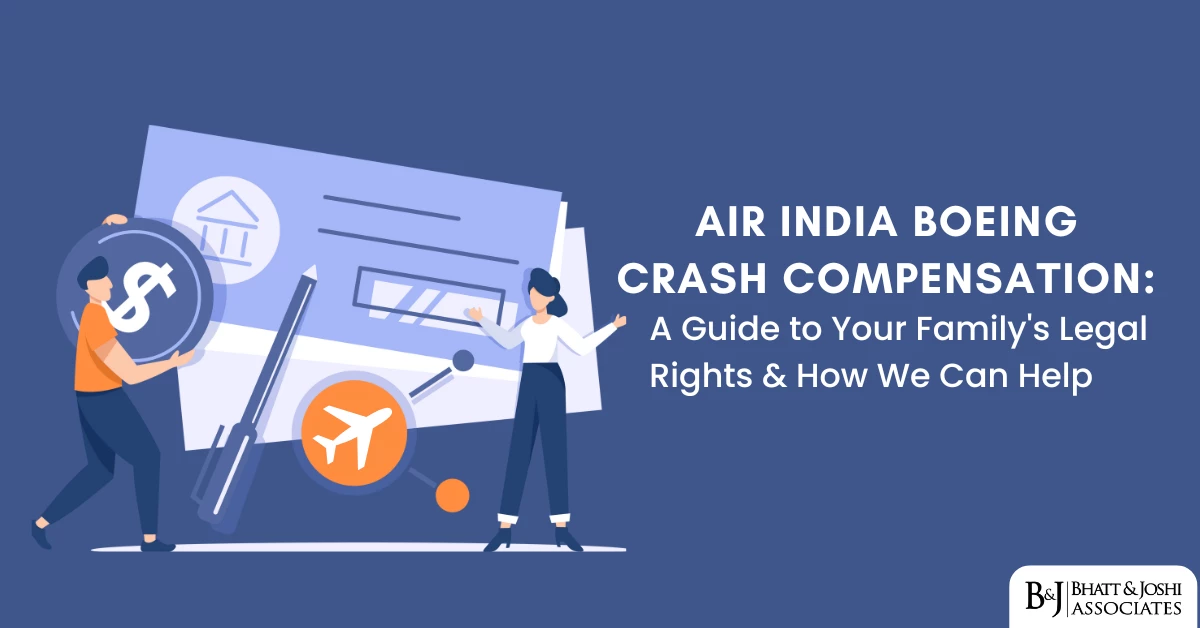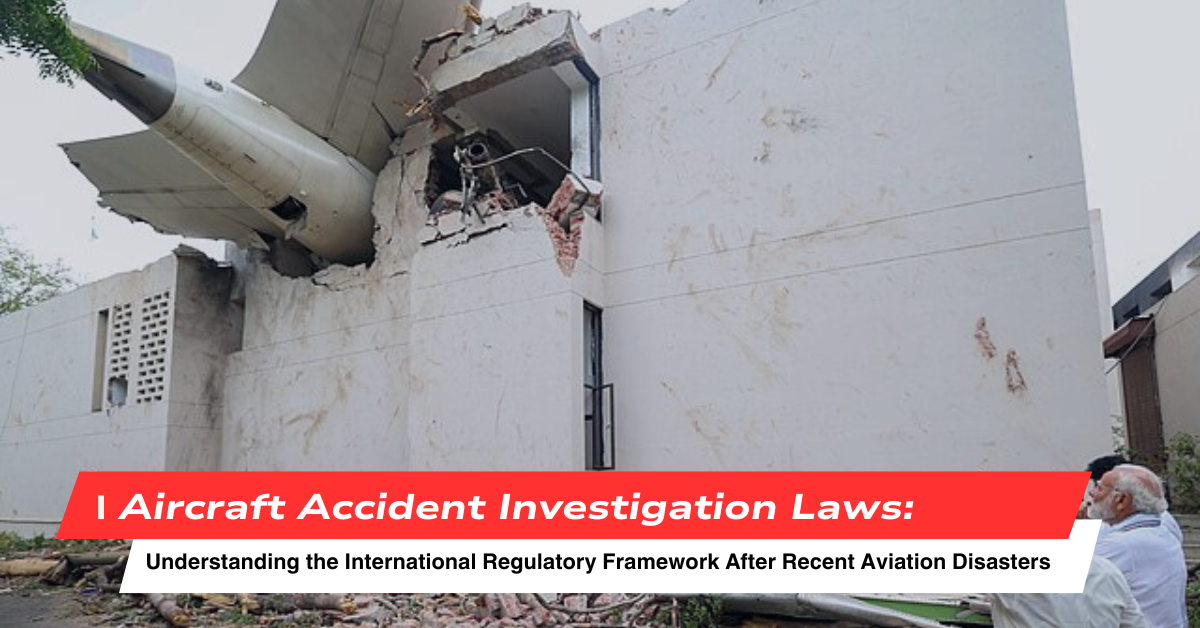A summary of the Supreme Court’s judgment on the applicability of the Sabka Vishwas (Legacy Dispute Resolution) Scheme, 2019 to pending appeals.
Introduction
The Supreme Court of India has held that there is no bar in an assessee seeking restoration of his appeal before the appellate authority after being unsuccessful in availing the benefits of the Sabka Vishwas (Legacy Dispute Resolution) Scheme, 2019. The scheme was introduced by the Finance Act, 2019 to provide a one-time opportunity for taxpayers to settle their pending disputes relating to central excise and service tax.

Background
The appellant, M/s. Surya Roshni Ltd., had filed an appeal before the Commissioner (Appeals) against an order confirming the demand of central excise duty and imposing penalty on them. The appeal was pending as on June 30, 2019, which was the cut-off date for filing a declaration under the scheme. The appellant filed a declaration under the scheme on September 30, 2019, and also filed an application for withdrawal of the appeal before the Commissioner (Appeals) on October 1, 2019. However, the designated committee rejected the declaration of the appellant on the ground that they had not withdrawn their appeal within the prescribed time limit of 15 days from the date of filing the declaration, as per section 127(1)(b) of the scheme. The appellant challenged this rejection before the High Court of Delhi, which dismissed their writ petition. Aggrieved by this, the appellant approached the Supreme Court.
Issues
The main issue before the Supreme Court was whether an assessee who has filed a declaration under the scheme can seek restoration of his appeal before the appellate authority after being unsuccessful in availing the benefits of the scheme.
Analysis
The Supreme Court observed that the scheme was a beneficial legislation that aimed at reducing litigation and providing relief to taxpayers. The court noted that section 127(1)(b) of the scheme required an assessee to withdraw his pending appeal within 15 days from the date of filing the declaration, but it did not specify any consequence for non-compliance with this condition. The court also noted that section 129(2) of the scheme provided that any amount paid by an assessee under the scheme shall not be refunded under any circumstances, except in cases where an appeal has been wrongly rejected by the designated committee and such rejection has been declared to be void by a court or tribunal.
The court held that in cases where an assessee has filed a declaration under the scheme but has failed to withdraw his pending appeal within 15 days, he cannot be denied the benefits of the scheme merely on this ground. The court reasoned that such a denial would amount to forfeiture of the amount paid by him under the scheme, which would be contrary to section 129(2) and would defeat the purpose of the scheme. The court also held that in such cases, there is no bar in an assessee seeking restoration of his appeal before the appellate authority, subject to his satisfying other conditions of eligibility under the scheme. The court clarified that this would not amount to allowing an assessee to have two remedies simultaneously, as he would have to forego one remedy in order to avail another.
Conclusion
The Supreme Court allowed the appeal of M/s. Surya Roshni Ltd. and set aside the order of rejection passed by the designated committee. The court directed that their declaration under the scheme shall be considered afresh by the designated committee in accordance with law. The court also directed that their appeal before the Commissioner (Appeals) shall stand restored and shall be decided on merits if they are found ineligible for availing the benefits of the scheme.













